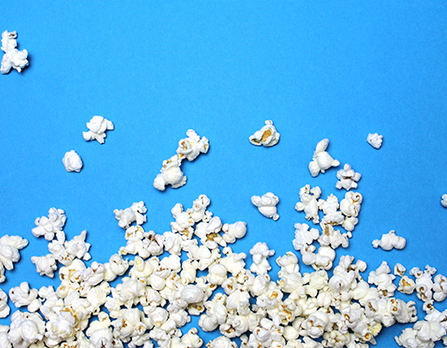
Neue Gedankenräume erobern.
In 2007, Braunschweig was awarded the title "City of Science" with the "Idenküche". On 24 October 2007, we, Haus der Wissenschaft Braunschweig GmbH, were founded as a non-profit company.
As the "dessert" of the Ideenküche, our mission is to maintain the appetite for research and science and to provide a permanent home for the dialogue between the public, politics, business and culture with science and research.
Science can be extremely important for each individual and for all of us: Innovation needs inspiration, democracy and participation need education and first-hand information. Science and research need impulses from practice.
In Braunschweig, we help citizens, entrepreneurs, cultural workers and the city administration to experience how good it is to live in a city of science. We are also active nationwide with our projects and formats, work together with numerous cooperation partners and strengthen the transfer of knowledge on a wide range of topics.
We primarily focus on personal encounters in the here and now. There is something for everyone at our events: research days for children, hackathons, networking events, panel discussions and numerous other formats.
At our location at Pockelsstraße 11, you can dine in the restaurant La Cupola in the literal sense of the word in the "kitchen of ideas". The sophisticated Italian cuisine of Pino & Sabina Tota offers space for your business lunch or a relaxed end to an event.
Success stories
Since 2007, we have developed, realised and consolidated numerous event formats and projects throughout Germany. These include, for example
All formats take place online and can therefore also be viewed on our YouTube channel after the end of the project.
As a service provider, we can also develop or export these and other formats for you. Are you interested in organising formats or ideas for science communication projects with us? Get in touch with us! You are also welcome to take a look at the Supporters and Sponsors page for further suggestions and offers.
Our society has become a knowledge society. A general understanding of science is therefore important for all of us in order not to fall for "fake news" or "post-truth prophets" in post-factual times: Everyone should have a basic idea of how (scientific) knowledge is gained, but also where the possible limits of science lie.
Science's answers to our questions are often contradictory. But even if science does not always provide us with clear solutions, it has one crucial advantage: it gives us the opportunity to understand hypotheses, research methods, results and the resulting recommendations for action very precisely. In order to assess and decide in which direction we as a society should develop, what kind of research we should promote or how we want to change our world in small and large ways, we need not only emotions, but also solid, scientifically based information.
Science centers take on an important educational task of making science and research findings understandable and bringing them into public discourse. Science communication, as carried out by science centers, gives the public guidance in the world of science. "Empowerment" is important to us: we bring current - and certainly controversial - topics, positions and people into the lives of our guests. We prefer to communicate science in such a way that the links to our own lives, our own city or region are clear.